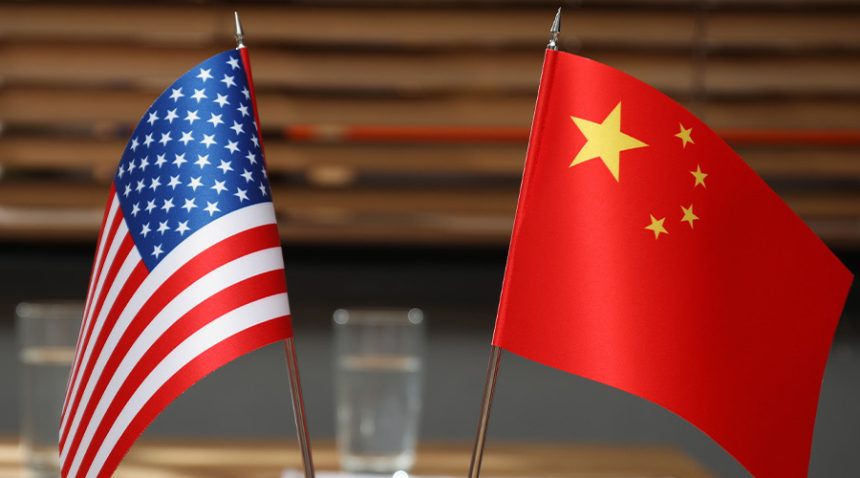China warns it will take action if countries accept US tariff relief in return for reducing trade ties with Beijing, as tensions rise over global trade
As China makes its trading intentions clear to worldwide governments, they wish to invest with China independently of the U.S. A formal Xinhua ministry statement declared that China would retaliate against countries that diminish economic ties with it for US tariff exemptions. Reports about Washington granting tariff exemptions to countries restricting their trade activity with China have led to this new development. Beijing has taken a forward-thinking approach to discourage such agreements.
US Trade Strategy Sparks Concern in Beijing
The Chinese authorities have reacted to media reports stating that the United States plans to implement selective tariff exemptions. Special incentives would be distributed to Japan, India, plus members of the ASEAN Alliance, as well as the EU, to lower their Chinese import amounts.
Through a government statement, China analyzed the U.S. administration’s methods of employing “reciprocity” against other nations to carry out forced product bans from China. According to the Commerce Ministry, this unilateral move qualifies as an act of unilateralism and promises countermeasures in response to countries implementing these agreements. China declared its purpose to safeguard its position in international trade structures and announced that it would respond to any initiative that damages its ongoing trade prospects.
Trade War Impact and Strategic Response
China issued this warning during its trade conflict with the United States, leading to heavy import duties between the two nations. The USA enforced prohibitive levies of 245 percent against Chinese exported products, and simultaneously, China placed maximum duties of 125 percent on American exports. The commercial exchange between China and the United States reached $439.9 billion in 2024, thus demonstrating its vital economic value.
China faces economic and demand-related challenges at home, so the government intensified its defense of its $3.67 trillion foreign trade business. As President of China, Xi Jinping launched diplomatic efforts toward ASEAN members to improve international business ties between nations. Xi shared his message during talks by advocating international collaboration and opposing trade practices that maintain isolation from others.
Neutral Nations Weigh Options Amid Growing Pressure
The nations with close relations with the U.S. and China now encounter demands to take sides in this growing political dispute. The country of Malaysia, together with other nations, has decided to stay neutral in this situation. The BBC has reported that Malaysian Trade Minister Tengku Zafrul Aziz declared the country would abstain from supporting any side in the present conflict.
Regional economies face an unstable situation because they must juggle their trade relations with both sides. Most of these nations produce through Chinese factories and sell their products to American markets. The international situation demands that nations manage their economic relationships while protecting their core relationships.





